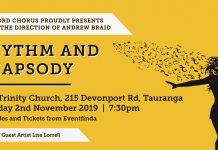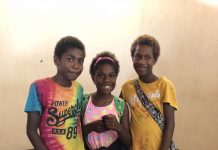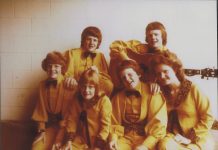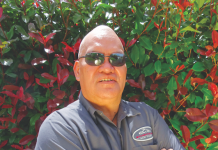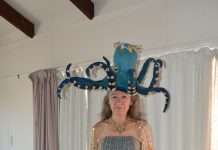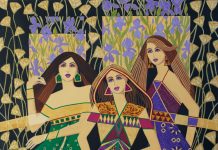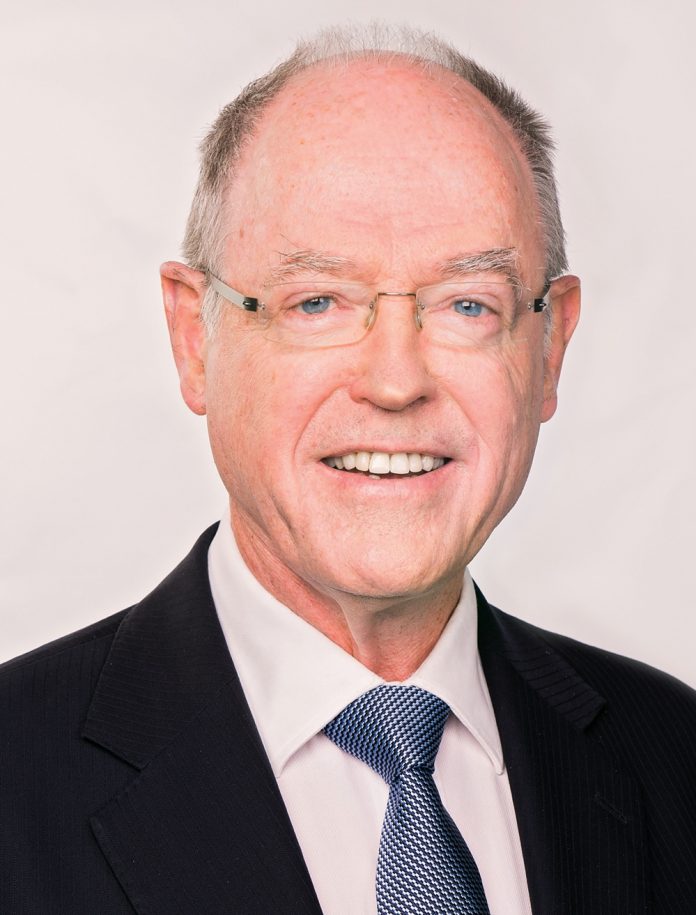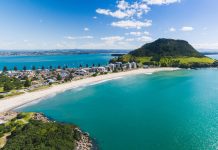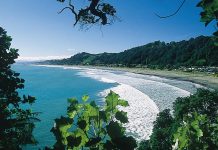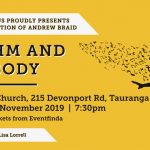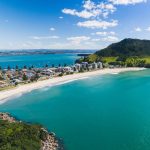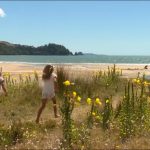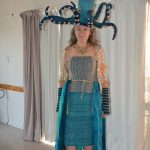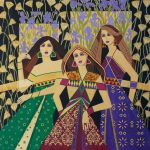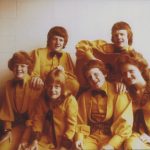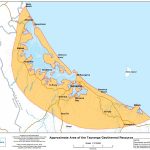What Waitangi Day means to me
In the last issue of Bay Waka, I welcomed the fact that voters had ejected the Maori Party from Parliament because, despite having only a tiny number of Members of Parliament, that party drove the National Party far from the position it held for many years, and indeed the “equal citizenship” position affirmed in National’s constitution.
And they did that because they believe in a particular interpretation of the Treaty of Waitangi which is fundamentally at odds with the understanding that those who signed the Treaty had, and that most New Zealanders, of every race, have held for most of the decades since it was signed.
As we contemplate the meaning of Waitangi Day, we will once again have to decide what we believe the Treaty meant. It is clear from the speeches made by chiefs at Waitangi in February 1840 that they understood they were being asked to accept Queen Victoria has having authority over them, a position reaffirmed by most chiefs at a conference 20 years later at Kohimaramara.
There was absolutely no suggestion that Queen Victoria was entering a “partnership” with the chiefs, or that she was willing to “share sovereignty” with those chiefs.
As David Lange said in a speech in 2000, “democratic government can accommodate Maori political aspiration in many ways… It can delegate authority, and allow the exercise of degrees of Maori autonomy. What it cannot do is acknowledge the existence of a separate sovereignty. As soon as it does that, it isn’t a democracy. We can have a democratic form of government or we can have indigenous sovereignty. They can’t coexist and we can’t have them both”.
The Treaty makes it absolutely clear that all New Zealanders are to have equal political rights. That is particularly relevant this year when local councils in five districts, including Western Bay of Plenty, have voted to create separate Maori wards.
And this despite the fact that almost wherever ratepayers have been able to vote on whether to establish separate wards, they have been overwhelmingly rejected – by 79% of voters in Nelson, by 80% in Waikato and Hauraki, by 83% in New Plymouth, and by 68% in the Far North (despite 44% of the population in that area being Maori).
These polls show that New Zealanders overwhelmingly want a society which is “colour blind”. Hopefully, a poll in the Western Bay will show that people in that area want the kind of society promised on the original Waitangi Day.
By Don Brash



